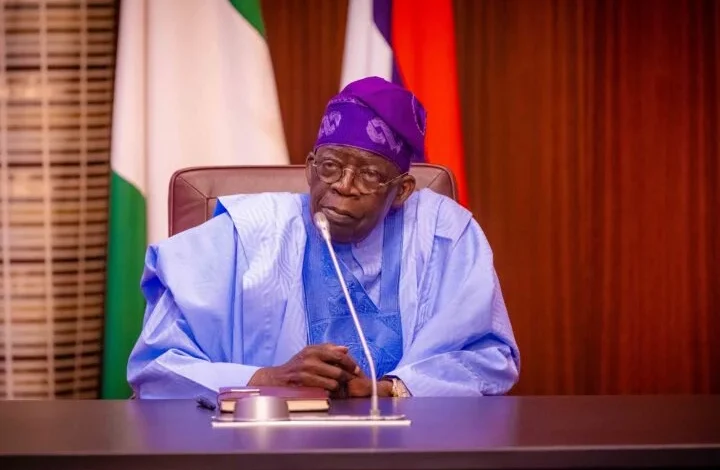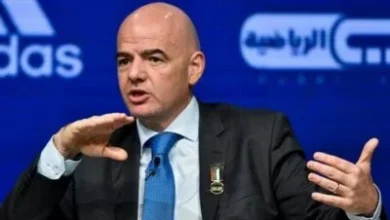
President Bola Tinubu has reaffirmed his decision to remove the petrol subsidy in May 2023, insisting that it was a vital step for the country’s economic growth and long-term stability. Speaking at his residence in Ikoyi, Lagos, Tinubu told reporters that he had no regrets over the move, which he said was an essential reform to correct a longstanding economic distortion.
“We cannot continue to be Father Christmas for neighboring countries,” Tinubu said, underscoring that Nigeria’s resources were being drained by the subsidy system. “I don’t have any regrets whatsoever about removing the petrol subsidy. We were simply deceiving ourselves. The reform was necessary, and it had to be done.”
The President pointed out that, despite the challenges in the short term, the subsidy removal had already begun to show signs of improvement in the sector. “Since the subsidy was removed, there has been increased competition within the sector, and the petrol prices have gradually fallen,” he noted. “The market is now more saturated, and there is no longer any monopoly or oligopoly. It is a free market economy, and that is how it should be.”
Tinubu also rejected the idea of price controls, which he said would interfere with the natural dynamics of the market. “I do not believe in price control. Our approach is to focus on increasing supply and ensuring that the market is well-supplied,” he explained.
However, the effects of the subsidy removal have been felt widely across Nigeria. Petrol prices soared sharply following the policy shift, skyrocketing from around N200 per litre to over N1,000 per litre. This dramatic rise in fuel costs, combined with chronic electricity shortages, has placed an additional burden on Nigerians, who rely on petrol to power their vehicles and generators.
The situation has worsened amid a broader economic downturn, with inflation spiraling due to the steep depreciation of the naira. After the government unified the foreign exchange market, the value of the naira plummeted, with the dollar exchange rate climbing from N700 to over N1,600 in the parallel market. Consequently, the prices of food and basic necessities have surged, pushing many Nigerians into further economic hardship.
Despite these challenges, President Tinubu remains resolute in his belief that the removal of the subsidy and the associated economic reforms will eventually benefit the country in the long term.





